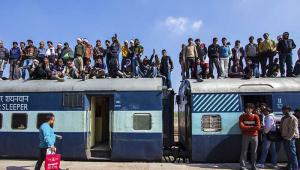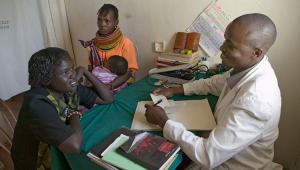The Asian Development Bank loan – which is the biggest single infrastructure loan in the development bank’s history – will fund 63 six-car trains, signalling and safety systems for two new metro lines.
It will also help establish a new metro operations organisation, which will manage the entire metro network in Mumbai.
The project will be implemented by the Mumbai Metropolitan Region Development Authority and is expected to be operating by the end of 2022, carrying an estimated two million passengers a day.
Kenichi Yokoyama, country director of India, said: “ADB financing will ease travel for millions of commuters across Mumbai, help decongest heavily crowded suburban rail systems, and contribute to providing modern, clean, and liveable urban environment to its citizens.”
The metro will also reduce carbon dioxide emissions from vehicles by an estimated 166,000 tonnes a year.
Mumbai, which has a population of 12 million, is the capital of the state of Maharashtra, which accounts for 15% of India’s GDP. Almost half of this is generated in Mumbai, which has been dubbed the financial capital of the country.
Rail is the primary means of transport in Mumbai and carries more than 7.5 million passengers a day.
The government, recognising the issues of overcrowding on the system, has developed a plan for 12 metro lines. The first line was completed in 2014 on a public-private partnership model.
The project will also benefit women, such as by introducing women-only carriages, mobile applications for women’s security, separate ticket counters and reporting desks to address incidents of harassment on the trains.







